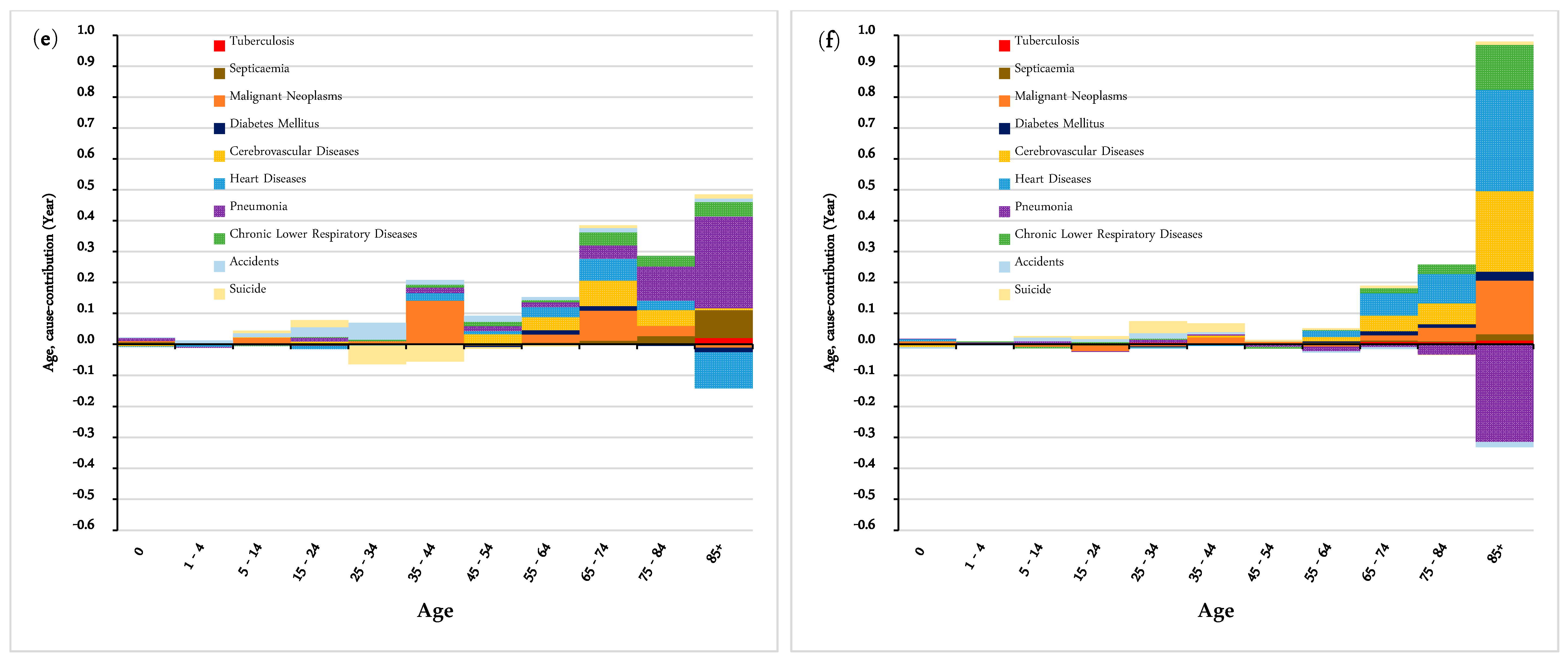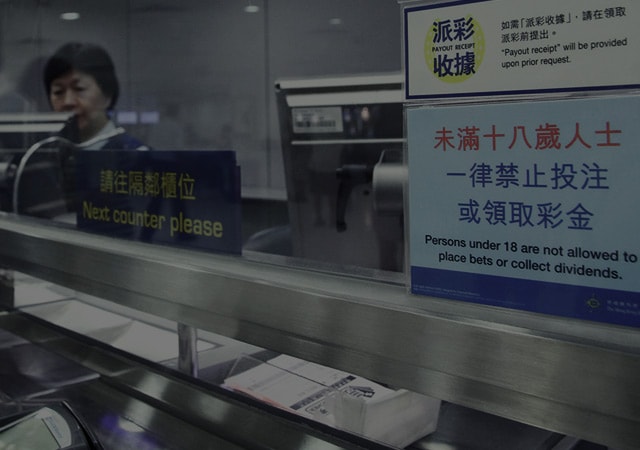Legal Gambling Age Hong Kong
The Gambling Ordinance was enacted in 1977 to regulate gambling in Hong Kong.[1] People are allowed gamble for leisure and entertainment within these regulations at a limited number of authorized outlets. Social gambling is still allowed.
- Legal Gambling Age Hong Kong Tourist
- Legal Gambling Age Hong Kong Movies
- Legal Gambling Age Hong Kong Protests
However, common gambling ages across the world are 18 and 21. Each state regulates its own minimum age for gambling. Some states have two legal gambling ages, commonly 18 in some casinos, 21 in others. Each state regulates its own minimum age for gambling. Some states have two legal gambling ages, commonly 18 in some casinos, 21 in others. There are 4 cities with gambling facilities in Hong Kong which have 6 legal gambling facilities available in total. The types of gambling available in Hong Kong are: casinos, horseracing tracks. The largest gambling city in Hong Kong is Kai Tak City with 2 gambling facilities, 4 tables games, 20 gaming, slot, and video poker machines. In the United Kingdom, the minimum legal age to gamble depends on what type of gambling it is. For most gambling activities, like real casinos, online casinos, sports betting, and bingo, the legal age is 18. However, it is possible to participate in some gambling at the age of 16 legally.
Legality[edit]
The government of Hong Kong restricts organized gambling to a few regulated outlets. The government enacted the Gambling Ordinance in 1977 to rein in excessive gambling while still providing gambling to the populace.[2] Gambling involving a bookmaker is illegal in Hong Kong.[2] Betting with a bookmaker and betting in a place other than a gambling establishment is illegal. The Hong Kong Jockey Club holds a government-granted monopoly on horse races, football matches, and lotteries. The revenue the club generates from various wagers makes it the largest taxpayer for the government.[3]
Hong Kong generates the largest horse race gambling turnover in the world. The Hong Kong Jockey Club founded in 1884, holds a monopoly on horse racing wagers, lotteries and football betting and is the largest taxpayer to the government.[3] In 2009, Hong Kong generated an average US$12.7 million in gambling turnover per race 6 times larger than its closest rival France at US$2 million while the United States only generated $250,000.[4]
During the 2014-2015 racing season the Hong Kong Jockey Club attracted about HK$138.8 million (US$17.86 million) per race more that any other track in the world. Hong Kong Jockey Club broke its own record during the 2016-2017 season with a turnover of HK$216.5 billion and paid the government HK$21.7 billion in duty and profits tax, an all-time high.[5]
Charities[edit]
Hong Kong has charities which have a goal to promoting responsible gambling practices among those who gamble and to minimizing the negative effects of problem gambling. Such charities also look for a balance between meeting the demand for gambling and maximizing the social and economic benefits of gambling for the community, while helping to minimize potential harm to individuals and the community.[2]
Recent events[edit]
During the 2010 World Cup, police arrested 25 people for having an illegal gambling ring that took bets on World Cup matches worth more than 66 million Hong Kong dollars. Earlier in the year the Hong Kong police set up a task force to help stop illegal football gambling.[6]
See also[edit]
References[edit]
- ^Deans, R. (2001). Online gambling: changes to Hong Kong's gambling legislation. Gaming Law Review., 5(6), Retrieved from http://www.liebertonline.com/doi/abs/10.1089/109218801753336166?journalCode=glrdoi:10.1089/109218801753336166
- ^ abc'Responsible gambling policy'. Hong Kong Jockey Club. Retrieved 24 May 2015.
- ^ abBalfour, Fredrick (22 February 2016). 'Hong Kong Horse Racing Is Serious Business'. Bloomberg.com. Retrieved 7 March 2018.
- ^'Hong Kong's hardcore gamblers'. CNNMoney. Retrieved 7 March 2018.
- ^Mok, Danny (1 September 2017). 'Hong Kong Jockey Club has record-breaking year'. South China Morning Post. Retrieved 7 March 2018.
- ^Hong Kong police smash illegal world cup betting ring. (2010, June 13). Asia Pacific News, Retrieved from http://www.channelnewsasia.com/stories/afp_asiapacific/view/1062884/1/.html
External links[edit]
- The Study on Hong Kong People's Participation in Gambling Activities, Hong Kong Polytechnic University, March 2012
- Tse, Samson; Yu, Alex C.H.; Rossen, Fiona; Wang, Chong-Wen (2010). 'Examination of Chinese Gambling Problems through a Socio-Historical-Cultural Perspective'. The Scientific World Journal. 10: 1694–1704. doi:10.1100/tsw.2010.167. ISSN1537-744X. OCLC48386834. PMC5763971. PMID20842314.

All types of gambling are legal in Hong Kong but the government keeps a very close eye on what’s happening and regulations are tight.
That being said offshore operators do offer online gambling to residents of the country which we’ll detail below along with a full overview of the situation and rundown of all key laws relating to online and offline gambling.
Betting Sites Available In Honk Kong:


We only know of one betting site available to use if you’re a resident in Hong Kong and that’s 188bet.
Key Facts: Online Gambling In Hong Kong
- Online betting and gambling legal with licensed operators (since 2006).
- Football betting (soccer) is the most popular with punters.
- Legal gambling age is 18+.
- Overseas providers legal with a license (current non exist)
- Offshore operators continue to serve customers in the market.
Gambling Legislation & Laws
Often the best way to understand the legal situation surrounding gambling in any given country is to look back through the legislation passed over the years. The following timeline allows you to do just that for Hong Kong’s gambling industry:
1977 – The Gambling Ordinance
It was in 1977 under the Gambling Ordinance that gambling was first legalised and regulated in Hong Kong.
That piece of legislation determined that gambling was only legal in certain licensed gambling establishments and established a monopoly over lotteries, horse racing betting and other sports betting for the Hong Kong Jockey Club.
Legal Gambling Age Hong Kong Tourist
2002 – The Gambling (Amendment) Ordinance
In 2002, the Hong Kong Legislative Council passed the Gambling (Amendment) Ordinance. This piece of legislation banned all offshore gambling, including offshore internet gambling but did allow for the Hong Kong Jockey Club to offer some online gambling services in the shape of selling lottery tickets and providing horse racing and football betting.
It was this legislation, too, which set down the potential punishments for anyone found operating or using illegal offshore and internet gambling services. These are that representatives of providers can be jailed for up to seven years and the company fined $5 million HKD, and that users of the services can be imprisoned for up to nine months and fined $30,000 HKD.
Legal Gambling Age Hong Kong Movies
2014 – Home Affairs Bureau Announcement
In spite of the 2002 legislation, overseas online gambling operators continued to cater for Hong Kong citizens. Whilst this is illegal and the Hong Kong authorities do not condone it, the Home Affairs Bureau did state in 2014 that they would not seek to block access to unlicensed betting websites.
Tax On Winnings?
Another important element of any country’s legal stance on gambling is how the activity is viewed when it comes to tax. In Hong Kong, the situation is mercifully simple as there is currently no mechanism at all for punters to be taxed on their winnings.
In the case of legal gambling provided through licensed establishments and organisations such as the Hong Kong Jockey Club, it is those companies who are taxed and not their customers. When it comes to punters who use illegal online gambling sites, too, the Hong Kong authorities have no way of levying tax on winnings. They can, however, prosecute individuals who do take part in illegal gambling and impose prison sentences and fines.
Deposit Methods: What Works?
Most Hong Kong banks and credit card providers do not allow their customers to deposit to illegal overseas gambling providers. As such, credit or debit card deposits often have sporadic success.
Legal Gambling Age Hong Kong Protests
Instead, many of those punters choose to deposit with their chosen sites through e-wallet services such as Skrill or Neteller. These services offer a kind of buffer between the gambling sites and a customer’s bank, and in many cases it is only the name of the e-wallet which shows up on a bank statement and not where the money ultimately goes.